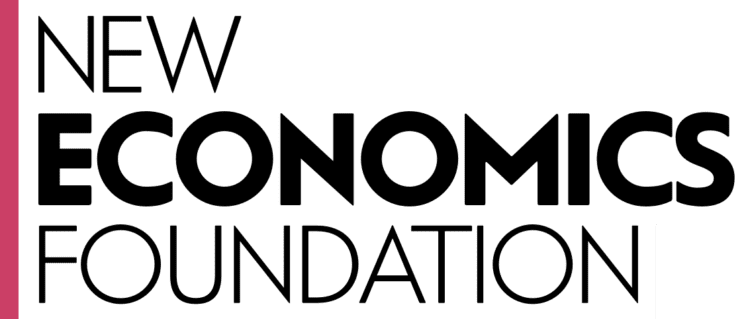We help clients to model, evaluate and understand the sustainable development implications of policies and interventions, from a local to international level.
We offer support in:
- Assessing policy against Sustainable Development Goals (SDGs).
- Understanding the socioeconomic impacts of climate change.
- Ecosystem services modelling, with a focus on marine and coastal environments.
Building a better future
Evaluating policy against Sustainable Development Goals
The UN’s 17 Sustainable Development Goals and 169 targets balance the three dimensions of sustainable development: economic, social and environmental:
“…ending poverty and other deprivations must go hand-in-hand with strategies that improve health and education, reduce inequality, and spur economic growth – all while tackling climate change and working to preserve our oceans and forests.”
We work with organisations, nationally and internationally, to monitor and evaluate policy, practice and programmes against the SDGs. This includes developing monitoring and evaluation toolkits.
Understanding the socioeconomic impacts of climate change
We have profiled climate risk at both a national and project level. This has included working with international institutions to analyse climate change model outputs, the reporting of key risks, hazards, impacts on sectors, and the interrelationship with poverty and inequality.
Marine and coastal economics
Our coast and seas can play an important role in delivering a better future for coastal communities. A healthier marine environment can support more and better jobs, increased resilience to economic and environmental challenges, sustainable sources of food and energy, increased wellbeing and social cohesion, and healthier and more sustainable life-styles.
Using our expertise in marine and coastal economies, we work with clients to model, evaluate and understand the social, environmental and economic impacts of policies and interventions from a local to international level.
Examples of our work
- Summary profiles of climate changes and climate impacts on 40 developing Asian nations for the Asian Development Bank. A selection of these were presented at COP24.
- Developing the first stages of a Valuing Impact Toolkit for ICT Investment for Digital Impact Alliance (DIAL). The toolkit presented methodologies to forecast and evaluate the benefits of ICT4D investments, particularly for digitally enabled service provision in low-income countries.
- In partnership with ZOE, developing the Recovery Index for Transformative Change to assess EU National Recovery and Resilience Plans against three categories: Just Transition; Nature and Systemic Change.
- A study of social transfer programmes and options in the Gaza strip for the UNRWA (United Nations Relief and Works Agency for Palestine Refugees in the Near East). This allowed UNRWA to compare the socio-economic impacts of in-kind food assistance, voucher-based assistance and cash-based assistance.
- Examining the extent to which the EU’s Common Fisheries Policy’s external dimensions, such as Sustainable Fisheries Partnership Agreements, contribute to the UN’s Sustainable Development Goals. Read more here.
